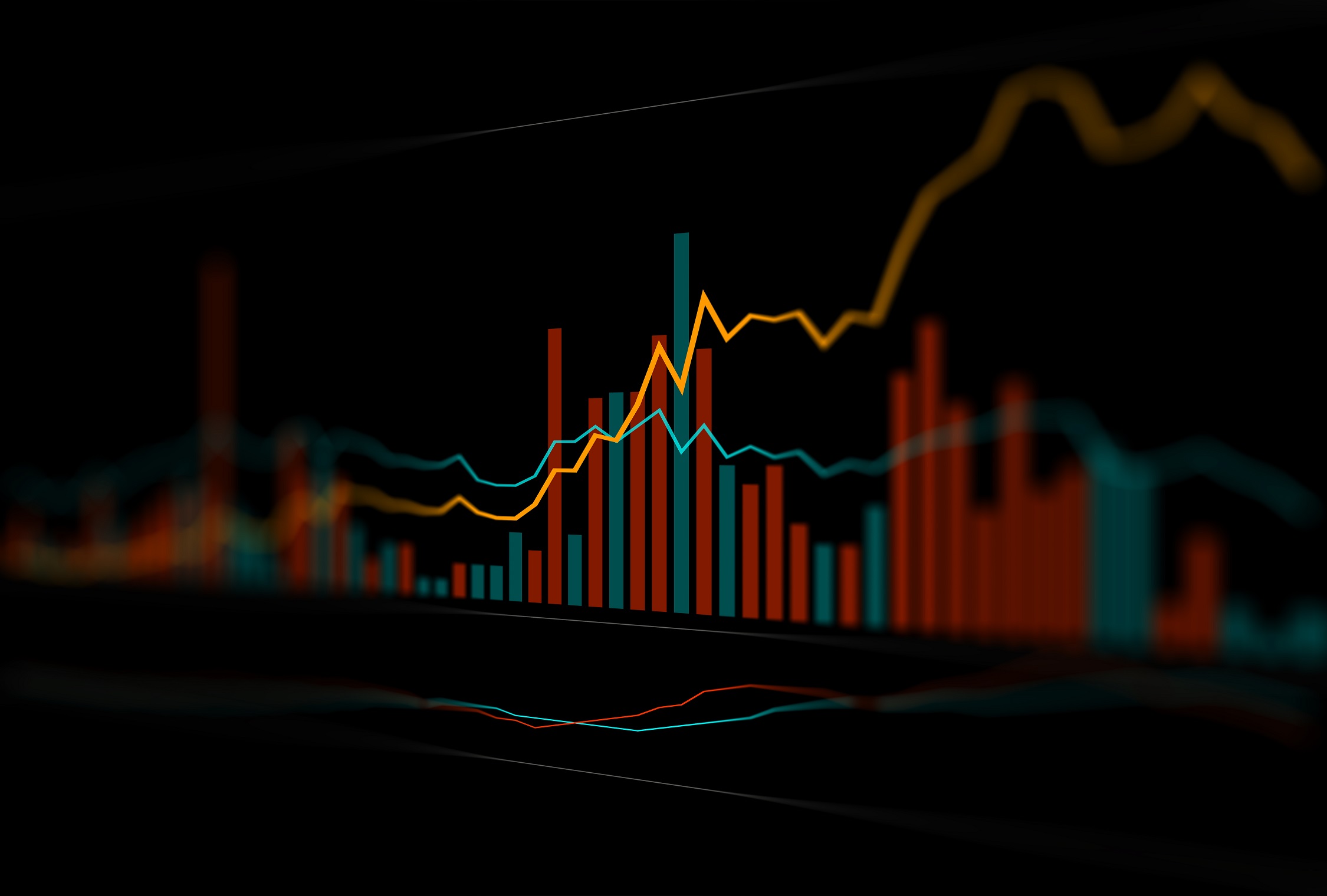With stock markets across the globe having made record highs in recent months, many investors may be contemplating selling their holdings. After all, most are likely to be significantly in profit and while there could be further gains ahead, all bull markets in history have been cut short by a bear market.
One asset which is generally popular for more defensive-minded investors is bonds. Historically, they have provided a counterweight within a portfolio against the threat of falling share prices. But is now really the time to sell shares and buy bonds?
Interest rates
With Donald Trump’s tax and spending plans having the potential to send inflation higher, the Federal Reserve seems to be on alert to a rapidly-rising price level. Certainly, a new Federal Reserve Chair could mean a policy shift, but if inflation does move higher then rising interest rates are very likely to be the end result.
Additionally, interest rates across the developed world are also likely to move in a general upward direction in future. An ultra-loose monetary policy seems redundant, since the financial crisis is now assigned to history rather than being a present-day phenomenon. Therefore, the justification for low interest rates at a time when Europe and the US are both performing well economically may become more challenging to make.
Bond prices
Since the prices of bonds generally move inversely to interest rates, a more hawkish monetary policy could cause fixed interest securities to decline in value. Therefore, if the current bull market in stock prices continues, it would be unsurprising for bonds to significantly underperform equities over the medium term.
However, should a correction or even bear market take place, bonds could perform relatively well. Investors may flock to assets that are seen as more defensive, while interest rate rises may be put on hold as policymakers seek to support economic growth. In such a scenario, holding bonds within a portfolio could prove to be a sensible move.
Risk/reward
Of course, not all bond prices will move in the same direction under different market conditions. For example, bonds with AAA credit ratings will be likely to prove much more popular during a bear market than those from an issuer which has junk status. Therefore, investors seeking to generate greater diversity in their portfolio and to reduce overall risk may be better focusing on higher-quality bonds.
Despite this, the pending interest rate rises which could be ahead and the current Bull Run that is taking place mean that stocks may still be a better buy than bonds. They seem to offer significantly higher rewards and while riskier, their overall risk/reward ratio seems to be more enticing.
While holding some bonds, cash and other assets as part of a diversified portfolio is a sensible approach for long term investors to take, moving from stocks to bonds does not appear to be a worthwhile pursuit at the present time.








